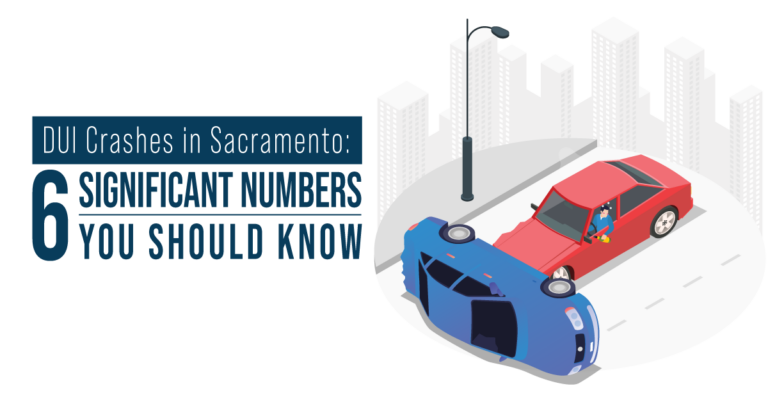Wrongful death statutes are an extension of personal injury law. Each state has specific rules governing who can bring an action against an at-fault party when a death is involved. Depending on the state it can get fairly complicated. Here we’ll explain how California’s wrongful death state works, and how an experienced wrongful death lawyer can help.
Wrongful Death in California
Wrongful death is an extension of personal injury law that allows families to collect damages when a loved one loses their life due to the negligence of another party. In California, wrongful death statutes are governed by the California Code of Civil Procedure 377.60.
Who Can Sue in California for a Wrongful Death?
Family members of the deceased are allowed to sue for wrongful death in California. That includes spouses or domestic partners, children, or anyone who was financially dependent on the deceased. Anyone who was entitled to the deceased’s property under the law of intestate succession can bring a cause of action against the at-fault party if no there are no direct relatives.
In some cases, the deceased’s estate can file suit against the at-fault driver to recover likely earnings they would have had if they not died in an accident. This is covered under California Code of Civil Procedure 377.30. It’s often filed with a wrongful death suit, though it’s considered to be a different type of case.
What Damages are Covered in a Wrongful Death Lawsuit?
Damages in wrongful death cases are calculated in different ways depending on who is bringing the cause of action against the at-fault party.
For instance, close family members, such as surviving spouses can recover non-economic damages such as:
● Loss of love
● Loss of companionship
● Loss of consortium
● Loss of guidance
● Loss of moral support
Family members who were financially dependent on the deceased can collect damages for loss of financial support and anticipated future financial support.
In addition, the deceased’s estate may collect damages for:
● Funeral expenses
● Medical expenses
● Lost income (including potential income)
What Does One Need to Prove in Order to Win a Wrongful Death Lawsuit?
Wrongful death lawsuits are no different than other personal injury lawsuits. The only difference is that punitive damages cannot be sought by survivors in a wrongful death lawsuit.
So, for a wrongful death lawsuit, the standard of proof will differ from case to case. For instance, there are certain kinds of claims for which strict liability applies. Strict liability means that plaintiff need not prove negligence. For dog bite cases or product liability, a plaintiff need only show that they were injured as a direct result of someone’s dog or a defective or dangerous product. Negligence is irrelevant. That makes strict liability cases the easiest to prove.
For all other cases, a plaintiff must prove negligence. Negligence has three factors for proof. Those are:
● The defendant owed a standard of care or duty to plaintiff
● The defendant breached that standard of care or duty
● Injuries or death resulted from that breach
While the particulars differ from case to case, common negligence claims include medical malpractice, reckless driving, toxic substances, environmental hazards, and more.
A Wrongful Death Lawyer Can Help You Today
If your loved one was taken before their time, an Orange County wrongful death lawyer at RMD Law can handle your case. Give us a call at (949) 326-5000 or contact us online and we can begin preparing your case immediately.
- Bicycle Accidents in San Francisco: How Safe Are Cyclists? - July 10, 2023
- 6 Ways Posting on Social Media Can Hurt Your Personal Injury Claim - July 5, 2023
- DUI Crashes in Sacramento: 6 Significant Numbers You Should Know - July 3, 2023


